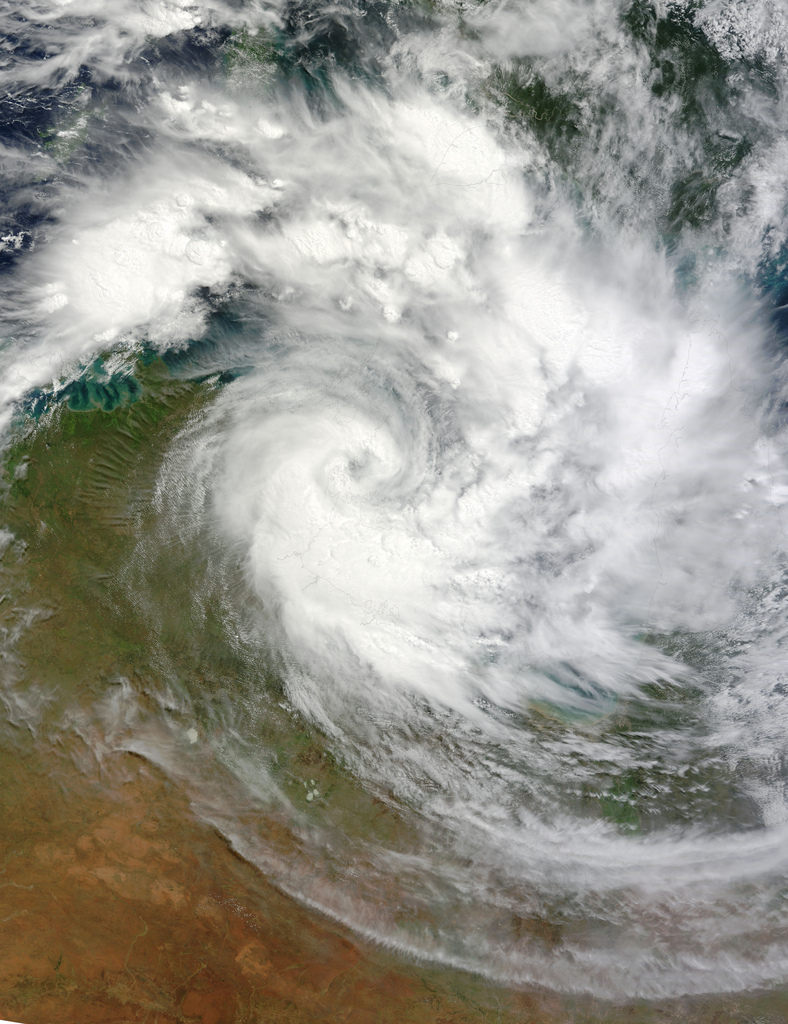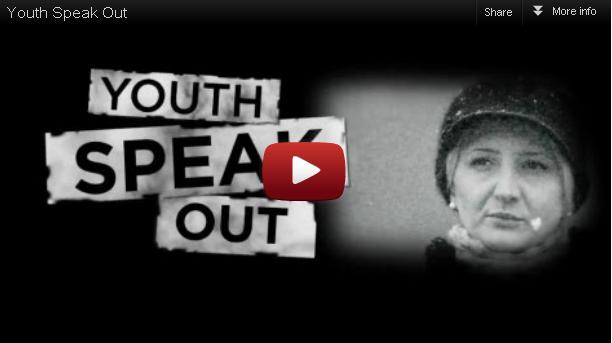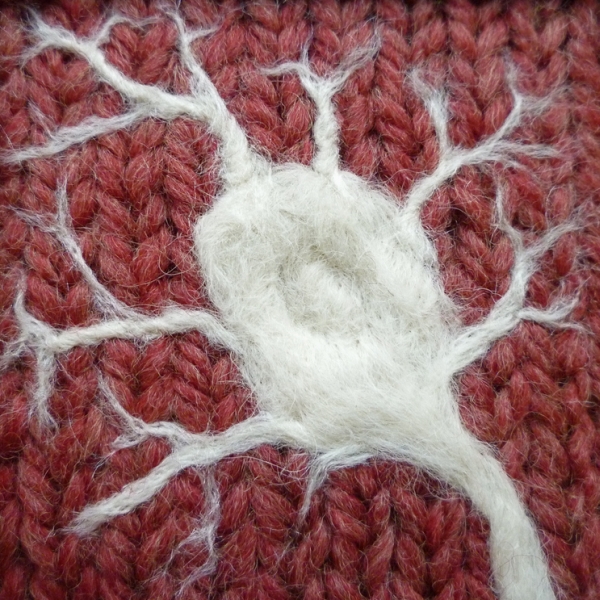


The Missing Puzzle Piece: Cooperation, The Third Integral Aspect Of Evolution
Scientists from a wide range of disciplines have attempted for more than a century to explain how cooperation, altruism, and self-sacrifice arose in our dog-eat-dog world. Darwin himself was troubled by selfless behavior. Yet in his great works, the problem of cooperation was a sideshow, a detail that had to be explained away. That attitude prevails among many biologists even today.” The above and subsequent quotes on cooperation in evolution and human society come from Martin Nowak’s and Roger Highfield’s book, Super Cooperators: Altruism, Evolution, and Why We Need Each Other to Succeed. Does Cooperation Hurt Survival Of The Fittest? Why weaken your own fitness to increase the fitness of a competitor? Why bother to look after anyone besides number one? Cooperation goes against the grain of self-interest. Cooperation is irrational. From the perspective of Darwin’s formulation for the struggle for existence, it makes no sense to aid a potential rival, yet there is evidence that this occurs among even the lowliest creatures. … This looks like a fatal anomaly in the great scheme of life. Natural selection should lead animals to behave in ways that increase their own chances of survival and reproduction, not improve the fortunes of others. In the never-ending scrabble for food, territory, and mates in evolution, why would one individual ever bother to go out of its way to help another?” To Compete Or Cooperate We are all cells in the same body of humanity.” —Peace Pigram (Mildred Lisette Norman) In the game of life we are all driven by the struggle to succeed. We all want to be winners. There is the honest...
Global Youth Unemployment On The Rise
The current, unprecedented level of global youth unemployment has raised the risk of creating ‘a lost generation’… [Y]oung people account for 40 percent or more of all unemployed people in Jordan, Lebanon, Morocco, and Tunisia, and nearly 60 percent in Syria and Egypt.” Nemat Shafik, deputy managing director of the International Monetary Fund. The world is facing a worsening youth employment crisis: young people are three times more likely to be unemployed than adults…” The International Labour Organization The United Nations estimates that last year 74.8 million youth between the ages of 15 to 24 faced joblessness, with 6.4 million young people dropping out of the labor market in 2011 alone. The highest youth unemployment rates are in North Africa (27.1%) and the Middle East (26.2%)… In the ostensibly prosperous Euro-area countries, over one-in-five young people (21.3%) cannot find a job. When this regionally-averaged figure is broken down to remove countries like Germany, the results are stark: In Spain and Greece, nearly half of all youth are without a job (48.7% and 47.2% …” CNN The Consequences Of Youth Unemployment Lower life expectancy: Unemployment more generally has been linked to lower life expectancy, a higher incidence of heart attacks later in life, and even higher rates of suicide. Higher crime rates: Increased unemployment has been linked to higher crime rates. Increased costs to the economy: Youth unemployment results in higher unemployment insurance and other benefit payments, lost income tax revenues, and wasted productive capacity. Lower lifetime earnings: Youth unemployment leaves a “wage scar” in the form of lower earnings that can last into middle age. The longer the period...
Compassion & Altruism Are The Keys To Personal, Social & Global Happiness Says Neurologist Dr. James Doty
It has been stated many times that survival is of the fittest, but when one reads Darwin closely this is not the case. Rather, the more accurate statement, coined by Dacher Keltner, Ph.D. and other leading social scientists, is ‘the survival of the kindest.’ Paul Ekman, Ph.D., a leading expert on emotion describes an ever expanding body of scientific evidence that being compassionate affords significant benefit to oneself and society in his recent article in JAMA. In addition to evidence that survival may be enhanced by caring for others, there are now findings suggesting that the statement made by the Dalai Lama, ‘if one wishes to make others happy be compassionate, if one wishes to be happy be compassionate,’ in fact, has great validity.” Dr. James Doty, a Clinical Professor of Neurosurgery at Stanford University and Director of The Center for Compassion and Altruism Research and Education found in his research that compassion directly affects a person’s well being. Compassion Increases Happiness & Immunity & Decreases Stress But happiness alone is not the only benefit of being compassionate. In a number of studies using a variety of psychological and biological measures and neuroimaging techniques, compassion not only stimulates one’s pleasure (reward) centers but also leads to a decrease in biological markers of stress and an increase in indices of adaptive immune function.” Compassion Improves Survival Of The Species, Leads To Happiness & Improved Health So what’s not to like about being compassionate? It improves survival of the species, leads to happiness and results in improved health. The reality is that while science and technology have the potential to offer...![Alan Watts – A Conversation With Myself [Video]](http://www.mutualresponsibility.org/wp-content/uploads/2012/09/Alan-Watts.jpg)
